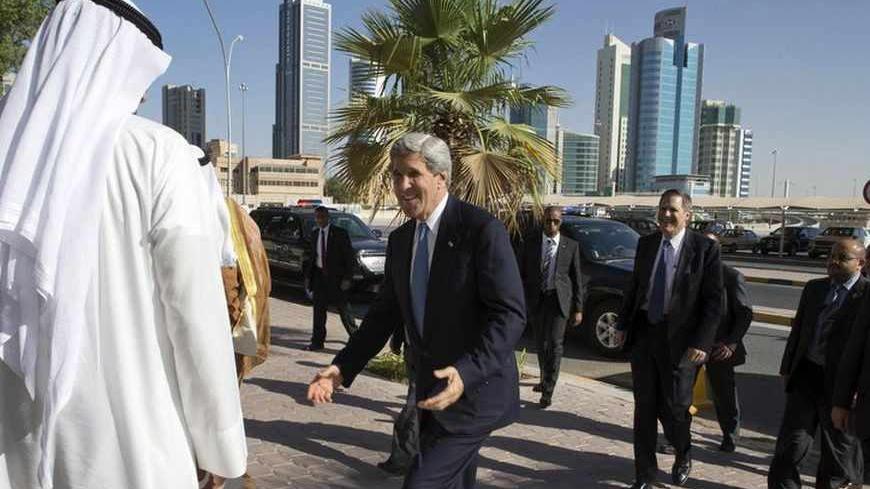Events taking place in the Middle East since 2011 have inevitably percussed throughout the nations of the Gulf Cooperation Council (GCC) where US-allied monarchies seem fixed. Popular uprisings throughout the Levant and North Africa escalated actions by already vocal Kuwaitis to challenge authority with added creativity and force. Events in Syria and Egypt in particular, however, have also exacerbated Kuwait’s existing social and political cleavages. The divides of Shiite-Sunni and Islamist-secularist are widening in response.
Throughout the summer, and even though Kuwait’s parliament had just been dissolved again on a shaky legal precedent, the situation in Egypt dominated Kuwaitis’ Twitter feeds. Since Egyptian President Mohammed Morsi’s removal from office and the subsequent debacle of the Muslim Brotherhood, secularists have been quick to claim the absolute demise of the Brotherhood region-wide, including in Kuwait. The Islamic Constitutional Movement (ICM, or Arabic acronym HADAS) has been weakened and is now evermore the target of distaste among secularists. The ICM is the opposition parliamentary bloc associated with the Egyptian brand, but distinct in origin and method due to the system in which it operates.


